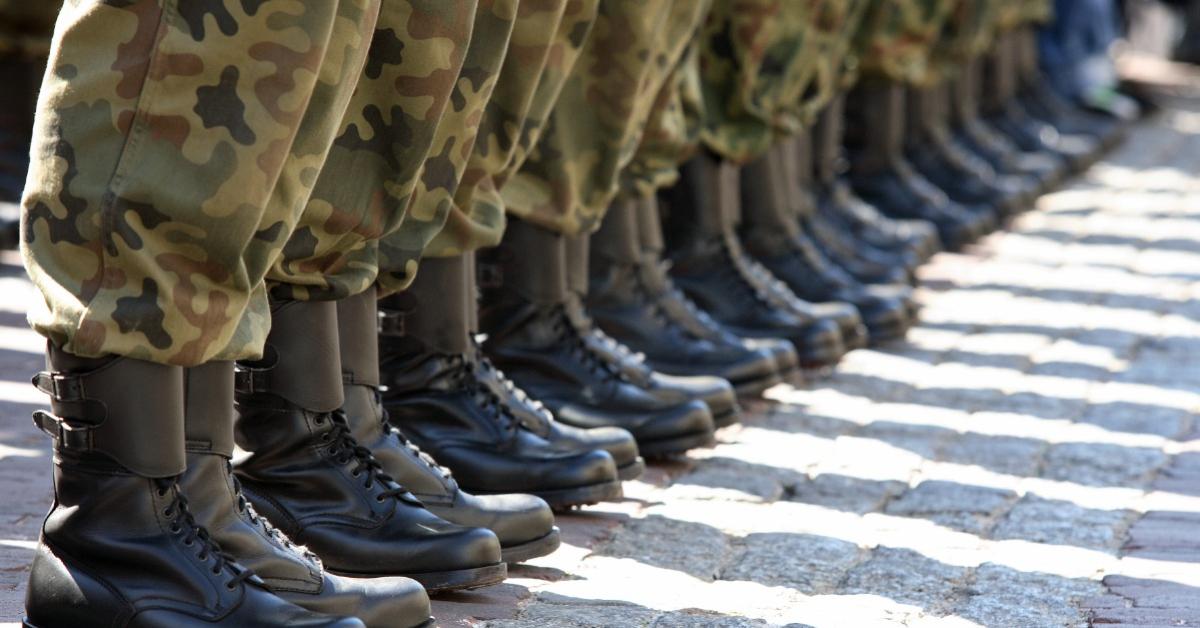
A century ago, the US coal industry was at its peak employing 883,000, and today, coal employs fewer than 41,000. Is that a bad thing? Is the US worse off because of this? Though it’s remarkable––that 95 percent fewer coal miners are needed to power a population that’s now 2.9 times larger––can you name someone who cares? Is declining employment in the coal industry a threat to “national security”? Do the majority bemoan the rapidly declining prevalence of black lung? I’m sure there are some who’ve been personally harmed by the coal industry’s decimation––I’m not making light of that––but those who voluntarily chose another profession vivify what’s been disregarded for the past three years: trade-offs.
Those who toiled beneath the soil weighed the benefits of compensation against the downsides of a dangerous office, and they chose to accept the risks. Though there are many reasons for the coal industry’s decline, surely miner preferences for risk should be included. With different energy sources developed over the past century, and with technology enabling fewer and fewer people to produce more and more energy, Americans have been able to specialize––to give more weight to their skills and desires than to the risks and benefits of less-desirable jobs.
When human capital is able to migrate to where it’s treated best––to its highest use––everyone benefits. To illustrate this point, you’ve likely seen videos of children in poor countries scrounging around in the mud for precious metals. But what if they were able to devote their time to something much more productive, something that enabled the capital accumulation known as “prosperity”? If given an opportunity that pays more or is less dangerous, would most dawdle in the dirt? When people no longer need to put their health in jeopardy in order to feed themselves, when they’re instead able to develop and devote their skills to more safe and efficient uses, we all get more for less. This is not entirely dissimilar from what’s been oddly perceived as the “crisis” in military recruitment.
For nearly a quarter millennium, patriotic Americans have weighed the benefits of “serving” their country against the inherent risks, and they’ve readily enlisted. But as risk declined in other industries, along with risk tolerances, exponentially advancing technology gave rise to safer and better-paying jobs. In the mind of the paternalists, however, technology somehow meant that more and more high schoolers were needed to produce greater national security.
But doesn’t that fly in the face of rudimentary reason? Since when did the technology that enables specialization require bloated overhead? The only way for this bizarre equation to make any sense is if the parasites’ policies––imposed preferences––invalidate the technological gains. This blunder was easy to cover up for most of the past 250 years, but with the Internet age now in its fourth decade, the charade is not nearly as easy to conceal. Adding insult to injury, the past three years have been more than enough to dissuade the country’s youth from risking their lives for “our democracy.”
At least with the coal industry, the mission is straightforward: “You’re gonna go in this hole and mine for coal.” But with the military, its mission is ripe for debate: “You’re gonna go to this place to protect America the Great.” Oh really? What did they do to us? How is this abjectly poor country a threat to me and mine? Do my fellow Americans want me to fight for their freedom, or have the past three years proven that “freedom” is wildly overrated in the “land of the free”?
Which governor said the following in March 2020? “Everyone is free to go about their business and activities.” Answer: Hassan Rouhani, president of Iran. If the US regime were as benevolent as its sycophants believe, would it need to bribe eighteen year olds with $50,000 to join the military? The past three years have revealed the gerontocracy’s true nature: “Though we’ve exceeded the average life expectancy, we’ll sacrifice your kids if it means lording it over you longer.” Are those in the military serving our country or these geriatric parasites?
The game is up, and with youth choosing to prosper and produce rather than parasitize and destroy, there’s a greater chance that, due to specialization, real problems will be solved rather than manufactured problems being “reformed.” Fewer in the military means more Americans minding their own business, and that will benefit the entire planet. The hand-wringing over recruitment rates being under target distracts from this happy fact: if the troops come home, our government might finally fear the people it allegedly serves, and the rest of the world would breathe easy. Human capital diverted to production means more capital to go around.
The whining over declining rates of military enlistment emanates almost exclusively from the political Right, but the Right also laments the jobs that were sent overseas or “taken” by immigrants. If the troops come home, and if the youth no longer deem killing the world’s poorest to be serving their country, at the very least, wouldn’t their priorities shift? Wouldn’t their trade-off scale be zeroed? And the political Left, aren’t they both antipoverty and antiwar? Hey, I can dream. Less interest in the military means more interest in civilization’s capital accumulation.





